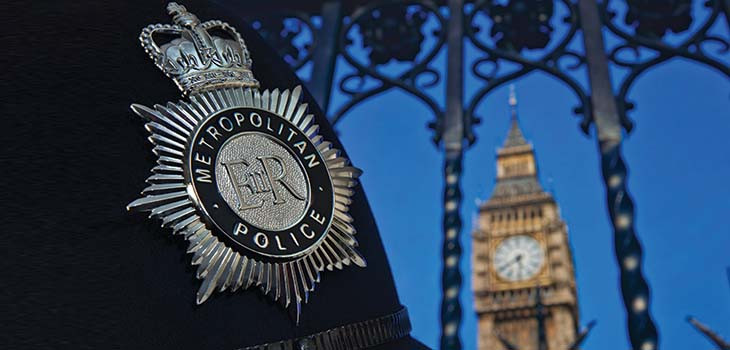
- During the Public Order Bill’s passage through the House of Lords, various of its provisions have come under attack, including the new stop and search powers conferred under clauses 10 and 11.
- The Lords’ act of excising clause 11 from the Public Order Bill at the report stage signifies the justifiable concerns relating to the existence of suspicionless stop and search powers.
Clauses 10 and 11 of the Public Order Bill (as sent from the Commons to the Lords on 19 October 2022) sought to confer stop and search powers on the police in respect of items or articles, or ‘prohibited objects’, which may be used to commit:
i. a wilful obstruction of the highway contrary to s 137 of the Highways Act 1980;
ii. an intentional or reckless causing of a public nuisance contrary to s 78 of the Police, Crime, Sentencing









